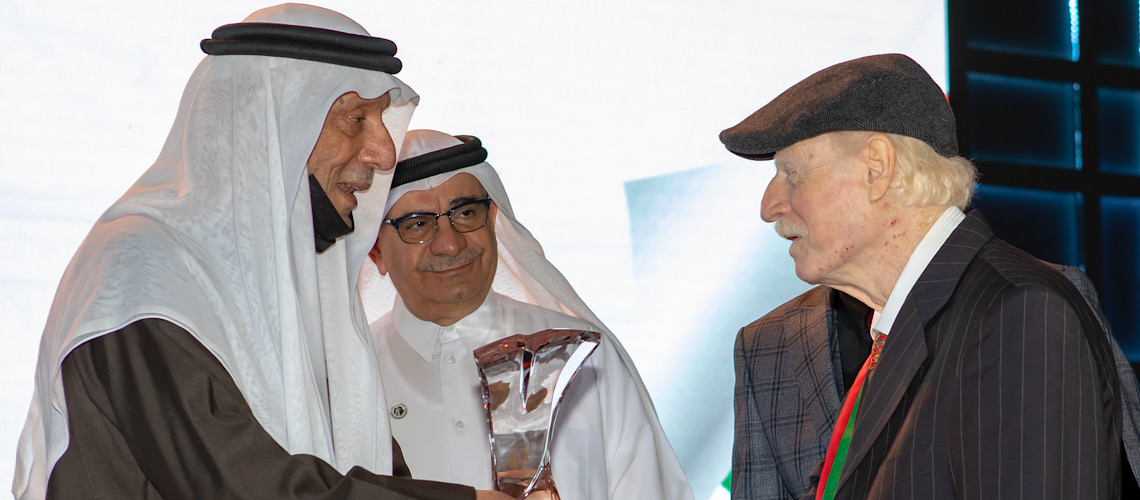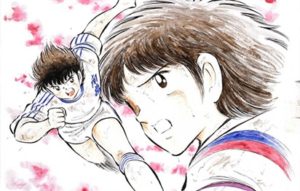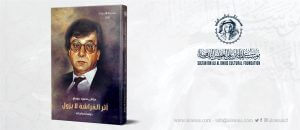Lebanese poet Elias Lahoud has passed away at the age of 83, following a distinguished poetic journey that spanned more than seven decades. Widely regarded as one of the pioneers of poetic modernity in Lebanon, Lahoud played a central role in shaping contemporary Arabic poetry.
A versatile writer, Lahoud composed in French, colloquial Arabic and classical Arabic, and was instrumental in founding both the free verse poem and the prose poem in the Arab literary tradition. His creative achievements were recognised with several accolades, most notably the Sultan Bin Ali Al Owais Cultural Award for poetry in its 17th edition—one of the Arab world’s most prestigious literary honours.
Born in 1942 in Jdeidet Marjeyoun, Southern Lebanon, Elias Habib Lahoud began his education in his hometown before completing his secondary studies at the official high school in Saida. In 1968, he earned a university degree in Arabic language and literature from the Lebanese University in Beirut.
Lahoud’s poetic talent was first nurtured at home. His father, a car mechanic by profession, also composed colloquial poetry and played music—laying the foundation for Lahoud’s early immersion in rhythm and verse. By the age of 10, Elias had already begun writing his first poems in French, later branching into colloquial and classical Arabic, and eventually dedicating himself to free verse and prose poetry.
Due to his hometown’s proximity to the borders of occupied Palestine, Elias Lahoud became acutely aware of the Palestinian cause and Arab nationalist sentiments from a young age—an awareness that would later manifest in his poetry, including verses composed during his time in prison.
At the age of 14, Lahoud completed his first poetic work, titled “Rural Feasts”, but was rejected by the publisher who was his relative, who not only declined to publish it but also scolded him for his youthful ambition. Undeterred, Lahoud continued writing and, at 17, compiled a second collection titled “Sad Poems”, which he submitted to renowned poet George Jurdak at Dar Al Rawa’i. Jurdak was impressed by the collection and agreed to publish it under the same title.
In 1962, Lahoud released another collection, “On the Autumn Paths”, a series of romantic poems written in a style that fused modern Arab sensibilities with Western literary influences. These early works laid the groundwork for a lifetime of poetic innovation and experimentation, establishing him as a rising voice in Lebanese literature.
Lahoud devoted many years to teaching, before transitioning to a career in cultural journalism. He co-founded two magazines “Arab Thought” and “Contemporary Arab Thought” and later joined a group of fellow writers in establishing the magazine “Contemporary Writings”, which he has led as Editor-in-Chief since 1988.
Lahoud served as the Administrative Director of the Lebanese Writers Union. He was also an active member of the Cultural Council of South Lebanon, Arab Writers Union, and the Teachers’ Syndicate in Lebanon.
Among Elias Lahoud’s notable poetry collections are:





